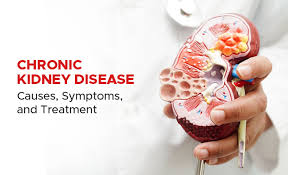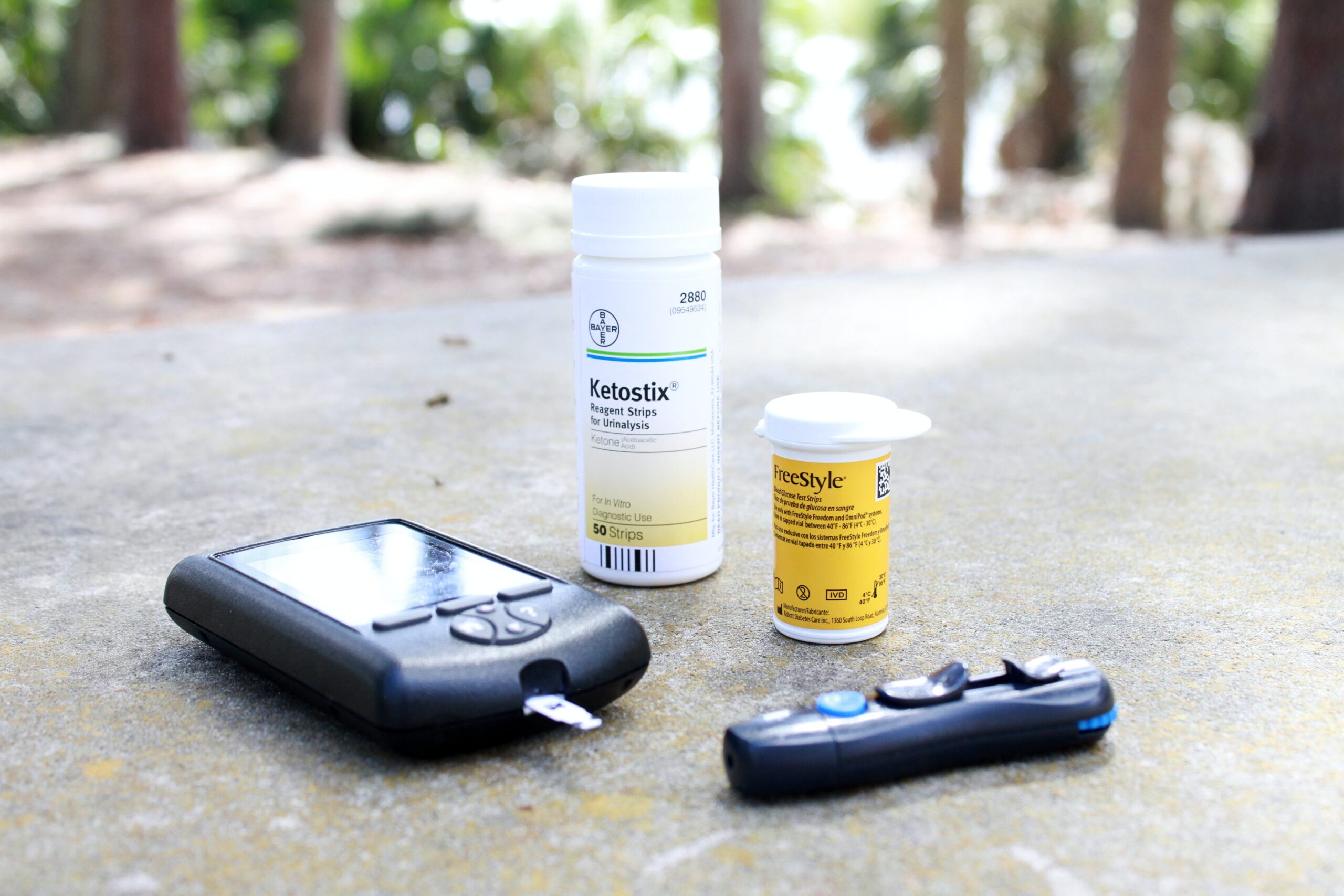Chronic Kidney Disease in Nigeria: What you need to know

Chronic Kidney Disease (CKD) is increasingly becoming one of the most pressing public health challenges in Nigeria. Often linked with hypertension, diabetes, and lifestyle changes, CKD is a long-term condition in which the kidneys gradually lose their ability to filter waste and excess fluids from the blood. With limited access to dialysis, costly treatments, and late diagnosis, CKD is causing a silent but severe health crisis across the country.
In this article, we provide a comprehensive overview of CKD in Nigeria, exploring its prevalence, causes, symptoms, complications, treatments, and preventive strategies.
What is Chronic Kidney Disease (CKD)?

Chronic Kidney Disease (CKD) is a progressive condition where the kidneys are damaged and cannot filter blood properly. Over time, CKD can lead to end-stage renal disease (ESRD), requiring dialysis or a kidney transplant for survival. According to the World Health Organization (WHO), millions of people globally are living with CKD, but in Nigeria, the burden is especially high due to late detection and limited healthcare infrastructure.
Prevalence of Chronic kidney Disease (CKD) in Nigeria
Recent studies estimate that over 20 million Nigerians may be living with CKD, though many are undiagnosed. The prevalence is higher among adults aged 30–65, particularly those suffering from diabetes, hypertension, obesity, or a family history of kidney disease.
Unfortunately, many patients present at hospitals when the disease is already advanced, leaving limited treatment options.
Causes of Chronic kidney Disease (CKD) in Nigeria
The most common causes of chronic kidney disease in Nigeria include:
-
Hypertension (High Blood Pressure): A leading cause of CKD, affecting nearly 30% of Nigerians.
-
Diabetes Mellitus: Poorly controlled diabetes damages kidney blood vessels over time.
-
Glomerulonephritis: Inflammation of kidney tissues due to infections or autoimmune conditions.
-
Herbal/Drug Toxicity: Widespread use of unregulated herbal mixtures and over-the-counter painkillers (NSAIDs) contributes significantly.
-
Genetic Factors: Polycystic kidney disease and sickle cell disease increase risk.
-
Lifestyle Risks: Obesity, poor diet, smoking, and excessive alcohol consumption.
Symptoms of (CKD)
CKD develops gradually, and many people remain symptom-free until the disease is advanced. Early detection is key, but signs to look out for include:
-
Persistent fatigue and weakness
-
Swelling of the feet, ankles, or face
-
Changes in urination (frequent, reduced, or foamy urine)
-
Nausea, vomiting, or loss of appetite
-
Shortness of breath
-
Muscle cramps
-
Uncontrolled high blood pressure
Complications of Chronic Kidney Disease (CKD)
If untreated, CKD can cause serious complications such as:
-
End-Stage Renal Disease (ESRD): Complete kidney failure requiring dialysis or transplant.
-
Heart Disease & Stroke: Due to fluid overload and high blood pressure.
-
Bone Disease & Weakness: Resulting from mineral imbalances.
-
Anemia: Low red blood cell count due to poor kidney hormone production.
-
Early Death: Without access to dialysis or transplant, survival rates are low.
Diagnosis of (CKD)
Doctors typically use the following tests to diagnose CKD:
-
Blood Tests: To measure creatinine levels and calculate Glomerular Filtration Rate (GFR).
-
Urine Tests: To check for protein or blood in the urine.
-
Imaging Tests: Ultrasound or CT scans to assess kidney size and structure.
-
Kidney Biopsy: In select cases, to identify underlying causes.
Treatment of Chronic Kidney Disease (CKD) in Nigeria
There is currently no cure for CKD, but treatment focuses on slowing progression and managing complications. Common options include:
-
Lifestyle Changes: Low-salt diet, exercise, avoiding smoking and alcohol.
-
Medication: Drugs to control blood pressure, diabetes, and anemia.
-
Dialysis: Either hemodialysis or peritoneal dialysis to remove waste from the blood. However, dialysis is expensive in Nigeria, costing between ₦30,000–₦50,000 per session, often unaffordable for most patients.
-
Kidney Transplant: A permanent solution, but access is limited due to cost, availability of donors, and weak organ donation policies.
Prevention of Chronic Kidney Disease (CKD)
Preventing CKD is possible with early detection and healthy lifestyle practices. Key steps include:
-
Regular blood pressure and blood sugar checks.
-
Drinking adequate water and avoiding excessive salt.
-
Reducing intake of herbal concoctions and unprescribed drugs.
-
Regular kidney function tests, especially for people with hypertension or diabetes.
-
Maintaining a healthy weight and exercising regularly.
Policy and Healthcare Gaps in Nigeria
Nigeria faces several challenges in addressing CKD, including:
-
High cost of dialysis and transplant with little government subsidy.
-
Shortage of nephrologists and kidney care specialists.
-
Inadequate dialysis centers, especially in rural areas.
-
Weak organ donation framework, leading to limited transplant opportunities.
Experts emphasize the need for government investment, public awareness campaigns, and affordable dialysis programs to save lives.
Conclusion
Chronic Kidney Disease is a silent epidemic in Nigeria with devastating social and economic consequences. With hypertension and diabetes on the rise, CKD cases will only increase unless urgent action is taken. Through early screening, lifestyle changes, affordable treatment, and stronger healthcare policies, Nigeria can reduce the burden of kidney disease and save millions of lives.
Written by Fawzi Rufai, Medically Reviewed by Sesan Kareem



